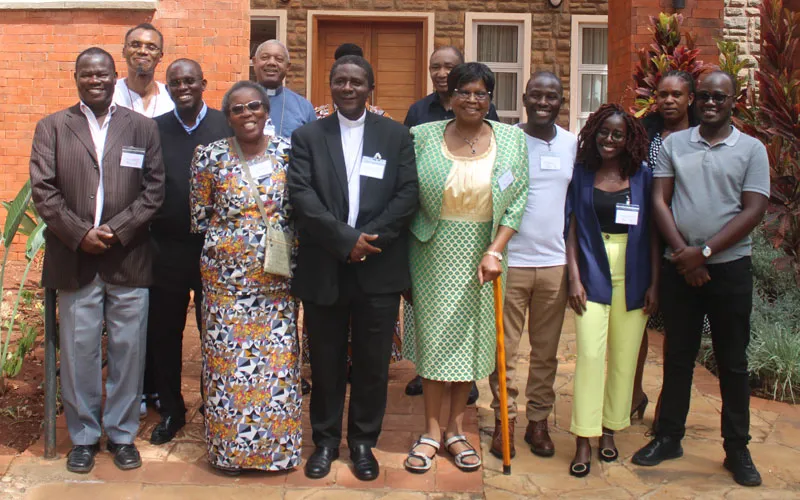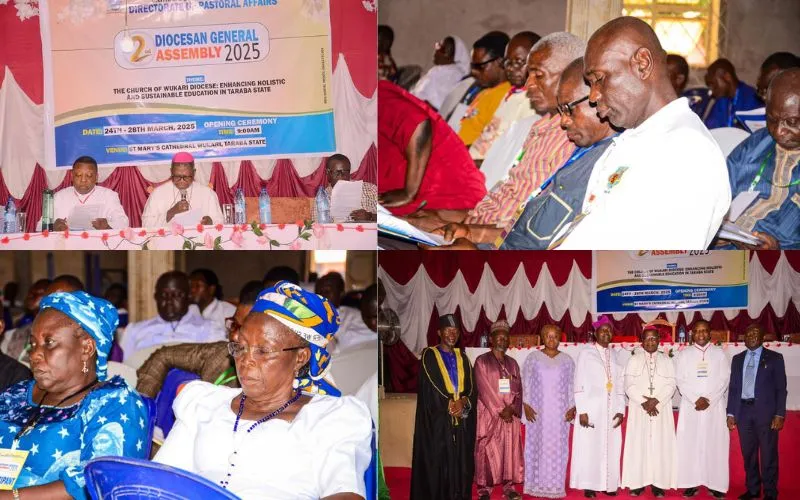“I believe that it is us lay people who are more Clerical in terms of engaging and participating. There are many things we can do as men, women, youth and children in the Church but we don't do them,” Mr. Kaulem said.
Members of Africa’s SRT team agreed that de-clericalizing the Church requires formation.
The team has embarked on the development of a manual to be used in various training activities to deepen the understanding of “a Synodal Church”.
The Synodality Formation Module, after it is completed, will be used in various formation programs in schools, in Seminaries, in Small Christian Communities (SCCs), and in all other communities inside, and even outside structures of the Church.
Meanwhile, Bishop Lagho has called for the rethinking of Church structures, such as SCCs that he says have been presented as “exclusive clubs”, locking out many Christians who do not feel like belonging to such communities.
(Story continues below)
“Just how free are Catholics to attend, or not to attend SCCs? I believe that there are many good Catholics who, because they don't feel like joining these structures, end up leaving the Church,” he said.
In SCCs, members who lose their loved ones are entitled to some contribution, the Kenyan Catholic Bishop shared, adding, “To me, this is not the true spirit of evangelization.”
He also expressed the challenges of journeying with Muslim students attending Catholic schools where the teaching of Islamic Religious Education (IRE) is not allowed.
“I work in a place where 95 percent of students attending our Catholic schools are Muslims and I feel that to deny them the opportunity to learn Islamic education is not a spirit of synodality. When they are denied this opportunity, many leave our schools and go to places where they are allied to learn IRE,” Bishop Lagho said.
He added, “I also feel that when we forbid the teaching of Islamic education in our schools, we create a vacuum that is filled with extremists that see an opportunity to teach these children their Islamic version of education.”
Agnes Aineah is a Kenyan journalist with a background in digital and newspaper reporting. She holds a Master of Arts in Digital Journalism from the Aga Khan University, Graduate School of Media and Communications and a Bachelor's Degree in Linguistics, Media and Communications from Kenya's Moi University. Agnes currently serves as a journalist for ACI Africa.








